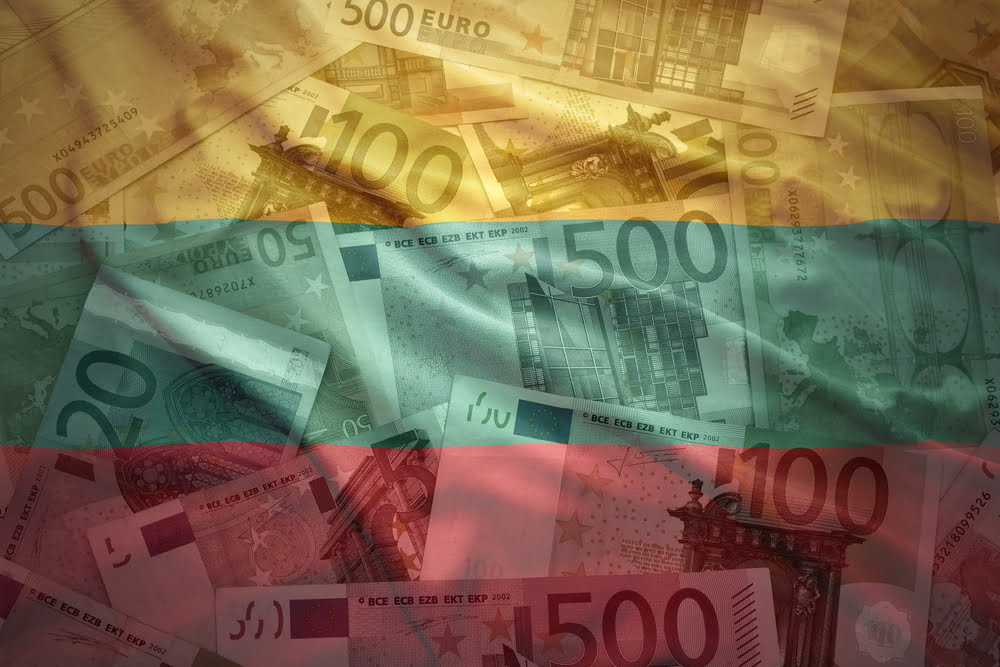Most European countries have not issued any official guidelines on cryptocurrencies or initial coin offerings. That is only normal, as such decisions need to be made by the European Union first and foremost. So far, it seems, the EU doesn’t consider either of these topics a priority. Lithuania is trying to set the tone in this regard, although its central bank has simply “clarified” its position for the time being. The tone isn’t positive by any means, though.
Bank of Lithuania Doesn’t Like Cryptocurrency
No one will be surprised to learn there is another central bank out there that doesn’t like cryptocurrencies or ICOs one bit. Back in 2014, the Bank of Lithuania warned the public about both Bitcoin and altcoins. In its recent clarification, those words were reiterated. It is evident that the central bank doesn’t want cryptocurrency to succeed in any way, and that it will continue to oppose the concept for quite some time to come.
To be more specific, the Bank of Lithuania confirmed that financial services providers must remain “dissociated” from cryptocurrency activity at any cost. This leaves very little room for interpretation, as it means no bank is allowed to let consumers buy or sell cryptocurrency right now. It is unclear whether many companies will adhere to this guideline, though, as that does not appear to be the case whatsoever.
Bank of Lithuania’s Marius Jurgilas commented as follows:
‘Virtual currency is an instrument involving high risk, while profiteering on it may lead to significant losses of funds. Therefore, in order to protect the customers of financial institutions, financial institutions legally operating in our country and supervised by the Bank of Lithuania must strictly dissociate themselves from this product type in their activities. An illusion that virtual currencies are supervised or safe can in no way be created.”
Moreover, the Bank of Lithuania touched upon the concept of cryptocurrency debit cards. We have seen a lot of problems with such cards thanks to new guidelines proposed by both Visa and MasterCard. It is evident even customers within the EEA will struggle in this regard, as Lithuania’s central bank has decreed that no financial market participants in the country should provide opportunities for customers to pay in payment instruments linked to unregulated financial assets. That’s a very strong statement, to say the very least.
Additionally, the Bank of Lithuania’s statement covered the topic of initial coin offerings. This new business model has received a lot of opposition from governments all over the world of late. Lithuania will not be any less hostile in this regard; that much is rather evident. Such activities are unregulated for the time being and are seen as posing a significant financial risk, as they allow unprofessional investors to help bring new projects to life. The potential for losing money is very real and ICOs need to be restricted in this regard.
All of this goes to show Lithuania doesn’t want to be part of the cryptocurrency ecosystem in any significant way right now. It is still possible these opinions will change, but for the time being, things aren’t looking all that promising for the country. It will be interesting to see if any actual regulation will be drafted to nip cryptocurrency and ICO activities in the bud.

